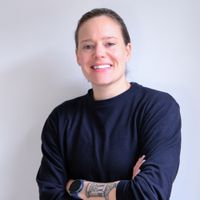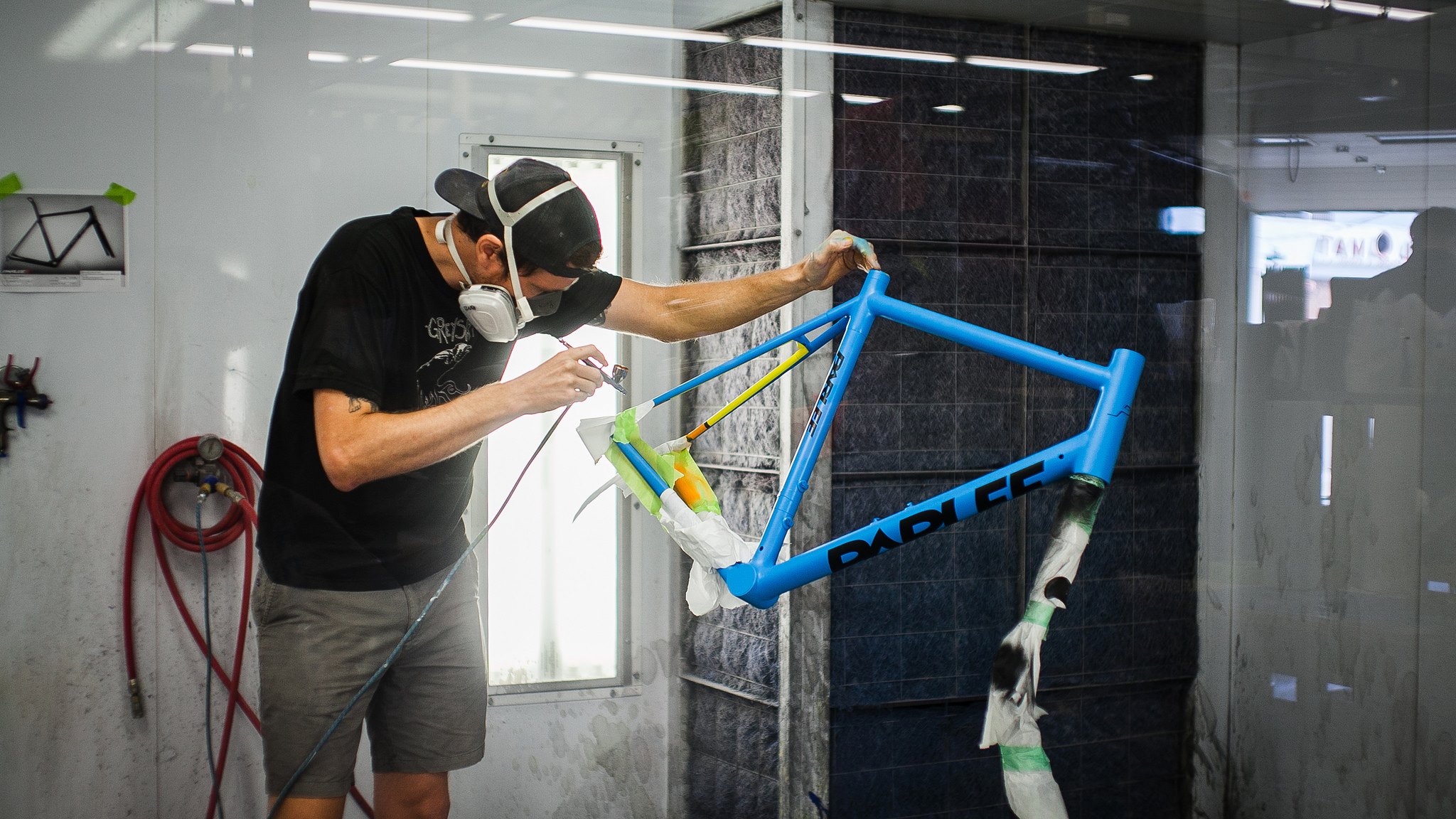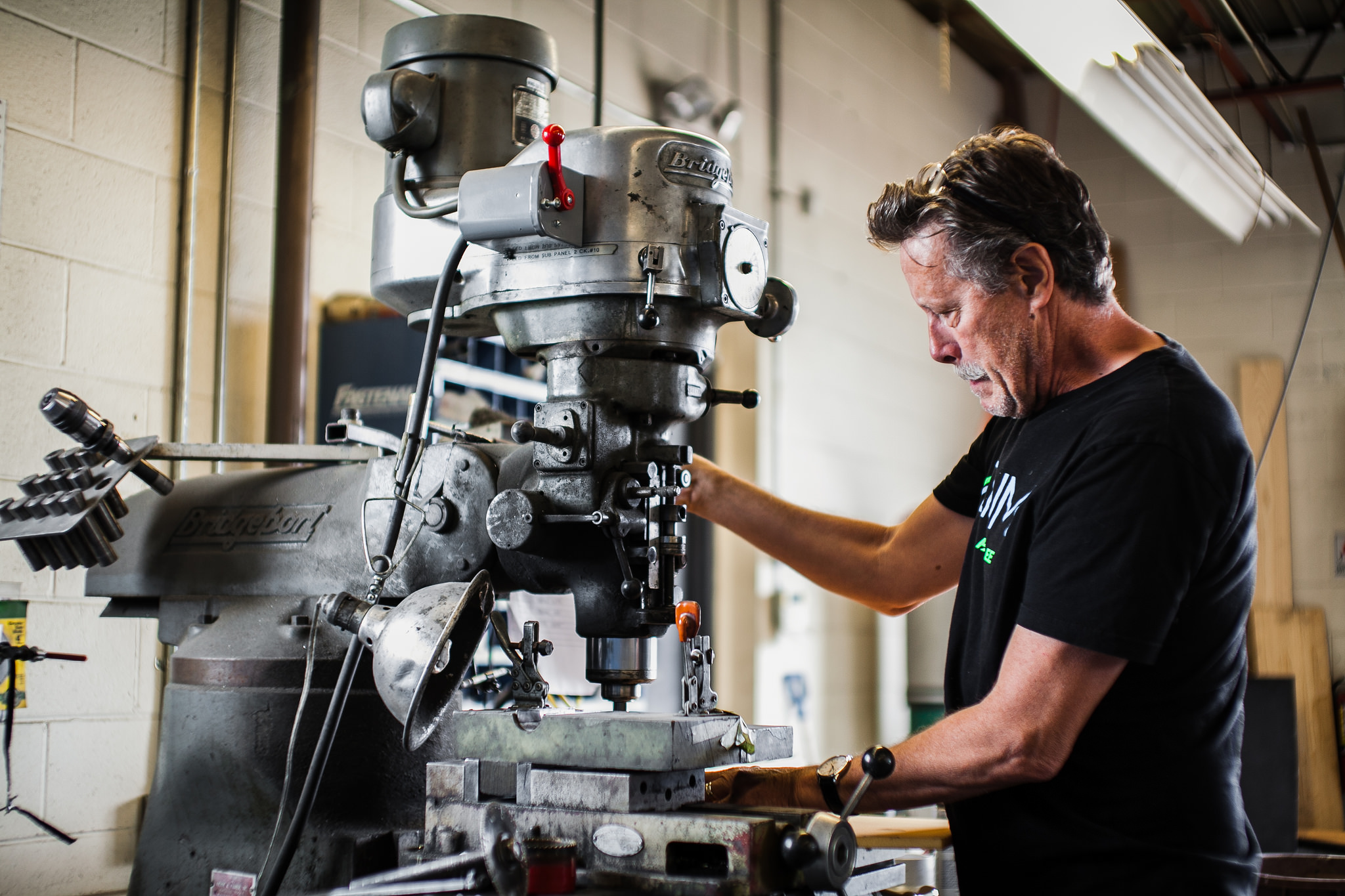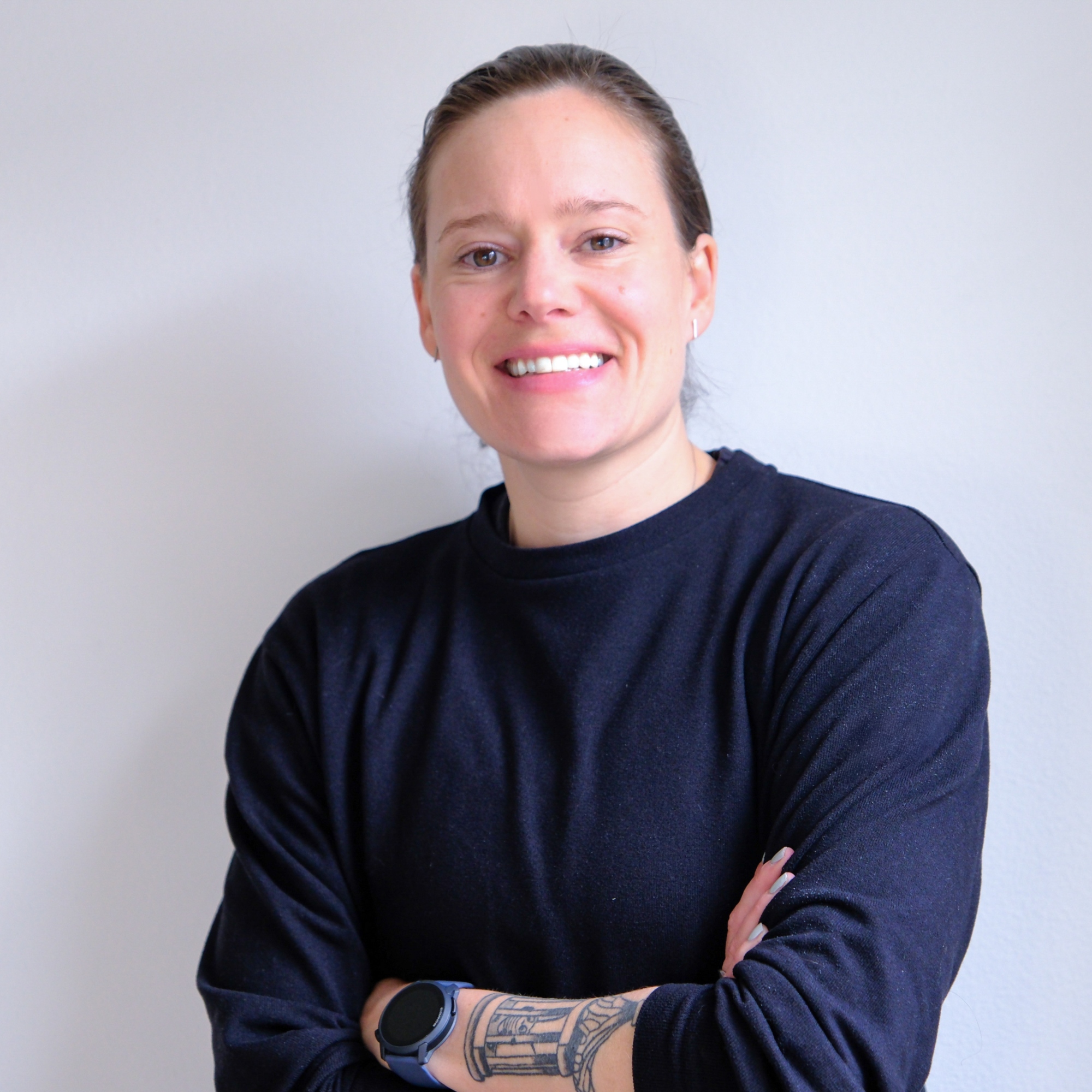Back from bankruptcy, Parlee Cycles is optimistic: 'We’re still building bikes every single day in Beverly'
‘Parlee 2.0 is really just a restructuring and a turnaround. We are here for the long run'


Five months after Parlee Cycles filed for bankruptcy, a representative of the bespoke brand informs Cycling Weekly that the bike manufacturer is doing just fine, all things considered.
"Our day-to-day has not changed at all except for the better at this point. Through the bankruptcy, we've really taken a hard look at the business and the way we're processing, the way we're building. We're still building bikes every single day in Beverly. We're continuing to make our handmade, custom bikes, custom paint, all of that is still happening," said Jamie Bradley, Parlee's COO.
"We're continuing operations, and sales have never stopped through this process. We're making changes, we're queuing up for the next year, and I'm excited for things we have ahead of us."
In February, the 23-year-old American brand, renowned for its custom carbon frames with superb ride quality, filed for a Chapter 11 bankruptcy in the state of Massachusetts.
In the United States Bankruptcy Code, a Chapter 11 bankruptcy is also known as a "restructuring" bankruptcy. This means that the company is in debt but can propose a plan of reorganization, a new business model, if you will, to keep the business alive and pay creditors over time. Often, this involves an infusion of capital by an investor or a partnership with another company.
"The struggling, in a way, is more about business challenges and less about the product," Bradley explained.
"Like a lot of folks, the last few years were really challenging for us. COVID really disrupted the supply chain, both in terms of our ability to secure frames and forks but also in our ability to secure the right amount of components and then manage the cash flow associated with the business.
The latest race content, interviews, features, reviews and expert buying guides, direct to your inbox!
"It's really challenging times in the business. There's inventory at the dealer levels, there's inventory at the OEM level, and pricing has come under pressure. Everyone's sales are not where we want them, and that both reflects the market and our situation. And so we decided that the best path forward for us was to basically hit a restart."
This restart includes conversations with potential investors as well as planning for a more bootstrapped operation. The brand is also reconsidering its choice to offshore some of its production, and refocusing the markets it wants to be competitive in.
"Parlee 2.0 is really a restructuring and a turnaround. I'm not just looking at a Plan A and a Plan B. I'm looking for a Plan A, B, C, D and E. We are here for the long run," said Bradley.

Parlee Cycles was started in 2000 by longtime Bob Parlee and his wife, Isabel.
Bob, an avid cyclist, amateur racer, and longtime boat builder, had been molding and fine-tuning carbon fibers for two decades, shaping them in beautiful and strong vessels, before blending his profession and passion to create carbon bicycle frames.
What started as a bespoke, one-man shop soon grew into a highly desirable race frame manufacturer with a collection of both custom and stock models and international distribution. Parlee Cycles was among the first brands to produce fully customizable carbon fiber road racing frames and set the bar for how light carbon frames can be.
To reach a wider audience, Parlee decided to take some of its production overseas, designing several stock molded monocoque frame models to be manufactured in Asia while continuing to hand-build its top-end bikes in-house.
"Our highest-end bike has always been and will always be made here. But to be competitive, we felt like we needed to go overseas. COVID made us question the supply chain issues that presented themselves and question our ability to control and manage against the variables that oversee production brings," Bradley shared.
"It's definitely at the forefront of my mind to look at ways to move forward with more control over our supply chain and manufacturing things domestically. But we're leaving all options open."
For now, Bradley says he's pleased with the progress the business has made in the past months and feels optimistic about the future ahead.
"We're making great progress towards a business model that makes sense given the current environment and the future environment as we project it. We're supplying dealers with bikes, and bikes are still being made every single day," he said. "We just needed a rest and time to stabilize, grow, and continue to develop as we go forward."

Cycling Weekly's North American Editor, Anne-Marije Rook is old school. She holds a degree in journalism and started out as a newspaper reporter — in print! She can even be seen bringing a pen and notepad to the press conference.
Originally from the Netherlands, she grew up a bike commuter and didn't find bike racing until her early twenties when living in Seattle, Washington. Strengthened by the many miles spent darting around Seattle's hilly streets on a steel single speed, Rook's progression in the sport was a quick one. As she competed at the elite level, her journalism career followed, and soon, she became a full-time cycling journalist. She's now been a journalist for two decades, including 12 years in cycling.